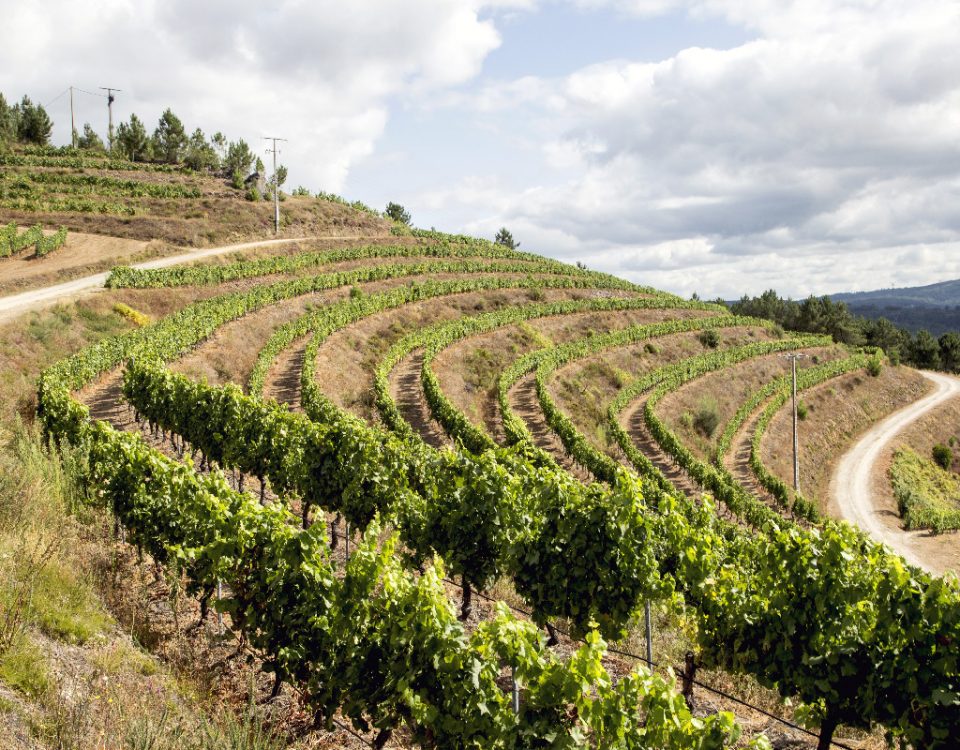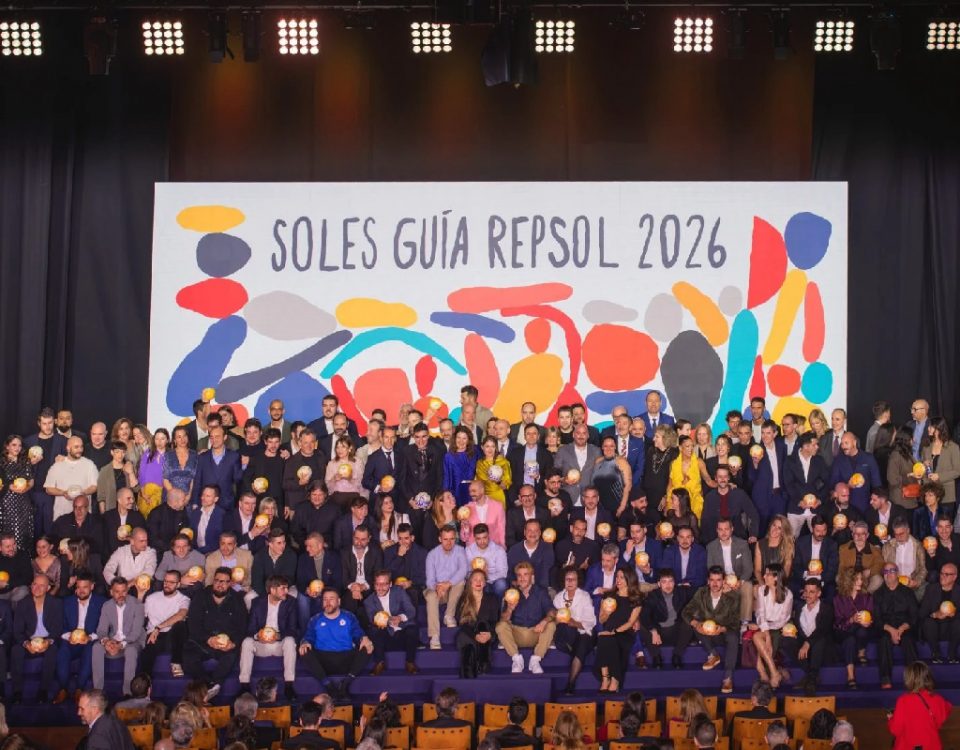- El mejor turismo de galicia
The Camino de Santiago renews its status as the First European Cultural Itinerary
The Camino de Santiago renews its status as the First European Cultural Itinerary
- The Camino continues to be a showcase of Galicia open to the world, uniting history, culture and sustainability.
The European Federation of the Camino de Santiago, which integrates public administrations from ten countries, has just announced the renewal of the certification of the Camino de Santiago as the First European Cultural Itinerary. This recognition, which is granted by the Council of Europe, endorses the work carried out in recent years to maintain and preserve the criteria that made this honor possible more than 30 years ago.
Among the most valued aspects are: cooperation in research and development, the exchange of knowledge in various disciplines and the promotion of European values of coexistence. Furthermore, the effort made to value the history and cultural heritage of Europe through the Camino de Santiago has been highlighted, as well as the promotion of cultural tourism and sustainable development, respecting local and regional identities.
The Council of Europe distinguished the Camino de Santiago as the First Cultural Itinerary in 1987. Since then, the phenomenon of pilgrimages has evolved significantly. Currently, the number of compostelanas delivered exceeds 200,000, which represents a growth of 16% compared to the previous year. Likewise, a growing internationalization is observed, with 65% of pilgrims coming from abroad.
Furthermore, in an event held last Friday, July 5, an important collaboration agreement was signed between the federation of Jacobean associations, Camino Europa Compostela, and the European Federation of the Camino de Santiago. The president of the Galician Tourism Cluster, Cesáreo Pardal, attended this event. This pact highlights the importance of cooperation and sustainable management of the Camino de Santiago, promoting responsible practices and supporting rural areas along the route, especially those affected by depopulation. This agreement reinforces the commitment to the preservation of the tangible and intangible heritage of the Camino, and improves the welcome and hospitality offered to pilgrims.
The Camino de Santiago continues to be a showcase of Europe open to the world, uniting history, culture and sustainability in a unique experience for pilgrims and visitors.









